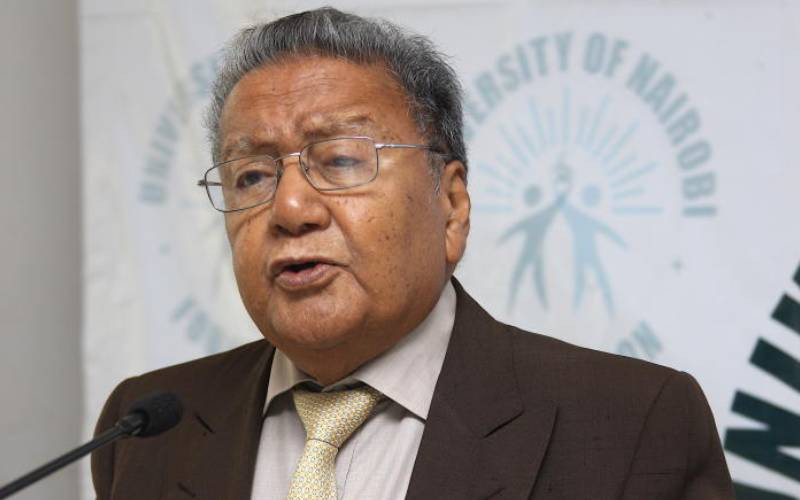×
The Standard e-Paper
Fearless, Trusted News

When Bill Gates was first named the richest man in the world, Nelson Mandela had just entered his second year as the first black president of South Africa. That was in 1995, 28 years ago.
He had become a paper dollar billionaire nine years before, which means that the 67-year-old has spent the larger part of his life atop global rich lists and among the most powerful people on earth.